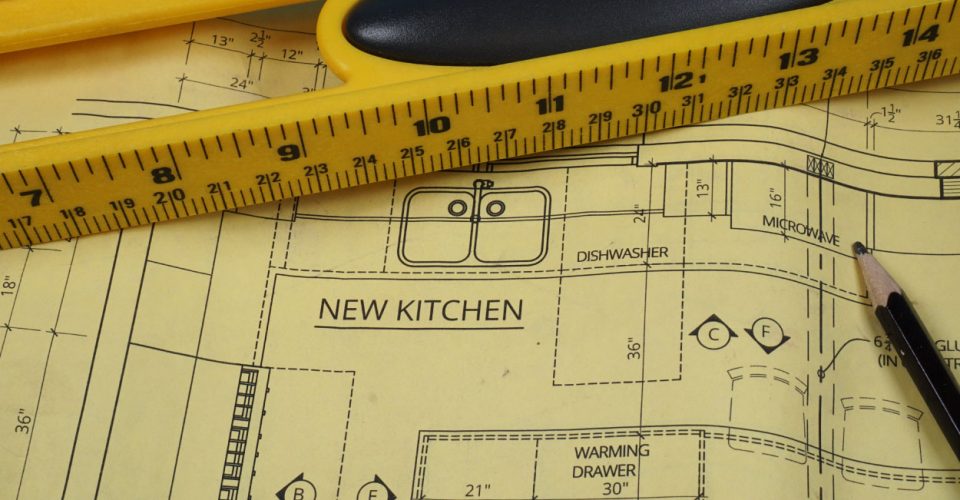Alternatives to a Brick Extension in the UK
While brick extensions are the go-to norm across the UK, there is a wide range of alternatives you may want to consider. Each which its own unique benefits and aesthetics. Let’s take a look at several popular alternatives to brick extensions!

Glass
Glass extensions can look incredible. Using this innovative solution for extension construction can offer a contemporary flare for your extension.
However, one particular issue that glass can open up is excessive sunlight which can lead to glare and overheating. This can also result in energy efficiency challenges which can make meeting Building Regulations a challenge. Therefore, ultimately, getting the design right is key. And, to keep the space from overheating, you’ll want to consider fitting blinds.
Timber
Another great alternative to brick for building an extension is timber. This renewable raw material is light, versatile, perfect for small constructions and relatively easy to install. However, maintenance is key, considering that wood is more prone to deterioration over time than many extension materials.
With that said, wood species like cedar and oat are notably durable and rot- and pest-resistant options.
Zinc
Looking at one of the most popular metallic options, Zinc is a great material to consider for an extension build. Along with being durable and flexible, zinc is known for its visual appeal. This material can be used to create an angular and curved design if preferred. All in all, it is a versatile choice.
You may be interested in combining zinc and timber. Using the right timber look with zinc can create a neat contrast that can ultimately work wonders from an aesthetic perspective.
Stone
Natural stone, like timber, can provide an earthly feel and appearance. Popular forms of natural use for extensions include limestone, granite and sandstone. One advantage of natural stone is that there is a wide range of options to choose from depending on your preferences and needs.
Other benefits of natural stone include durability and strength. However, natural stone is unsurprisingly more on the expensive side.
Steel, Timber and Glass
Another neat combination you may want to consider is steel, timber and glass. This approach can avoid the glass extension looking to hi-tech or excessively modern. Steel, timber and glass together
How to Find the Right Material for Your Extension
When considering the right material for your extension, you’ll want to think about your main priorities.
Priorities to consider include:
- Cost
- Size and type of extension
- Durability of material
- Strength of material
- Material’s susceptibility to damage (e.g. prone to rotting)
Ideally, you should weigh up these various priorities before deciding which material will best meet your needs and preferences. If in doubt, consult a professional.
When it comes to costs, timber frame extension costs around £27,000 on average, while prices rise to an average of approx. £43,000 for glass extensions. These examples emphasise how much costs can differ based on material alone.
Hiring Professionals
It’s important to consider who to hire for having an extension built. First comes the design. This means hiring a professional designer or architect. Once you have the relevant drawings done up for your extension, you’ll want to hire a team to build your extension.
Whether it’s looking for the ideal architect or a company to build your extension, it’s best to obtain three quotes before making a choice. We suggest weighing up the price you’re quoted with the levels of experience and any online reviews/ratings you find for each option.
By doing so, you can narrow your options down to determine which contractor/company offers the best value for money in each case.

